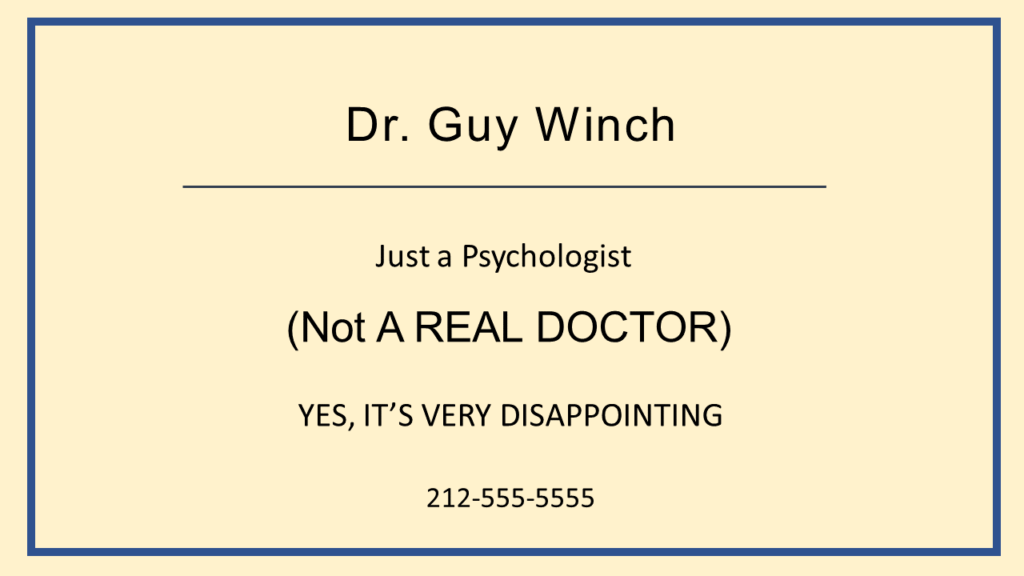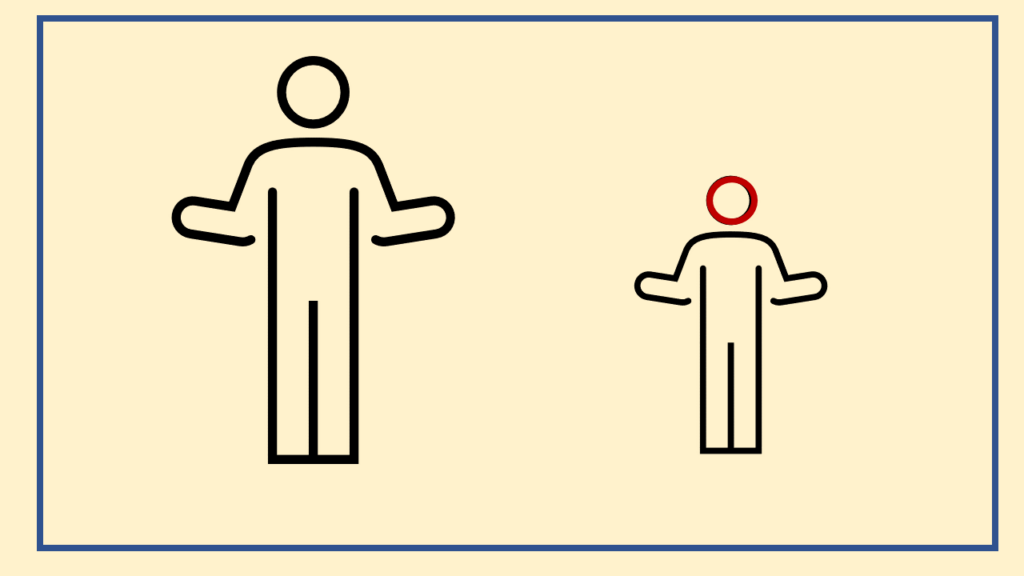By: Robert Avsec, Executive Fire Officer
May is Mental Health Awareness Month and like National Fire Prevention Week in October, we need more than one month out of twelve when we give our thoughts and attention to our mental health and that of others.
The lasting effects of the COVID-19 pandemic, the continuing epidemic of gun violence in the “United States of Gun Violence,” and the continuing growth of social media as an influence in our lives are just a couple of topics that come to my mind when I think about mental health. And let’s not forget that the number of firefighters who are taking their own lives each year is now the leading cause of death for firefighters in the U.S.
Many of the discussions regarding firefighters’ mental health focus on reducing the stigma associated with firefighters seeking professional assistance from a mental health practitioner and that’s a good thing. However, a term that hasn’t gotten much attention thus far in the firefighter mental health conversation is emotional or mental hygiene. We’ll go to the doctor when we feel flu-ish or a nagging pain. So why don’t we see a health professional when we feel emotional pain such as loneliness or rejection?
Too many of us deal with common psychological-health issues on our own, says Dr. Guy Winch, a licensed psychologist. But we don’t have to. He makes a compelling case, in the TED Talk video below to practice emotional hygiene — taking care of our emotions, our minds, with the same diligence we take care of our bodies. I encourage you to watch his 17-minute TED Talk where he tackles the issue of emotional hygiene by focusing on these points:
- Loneliness (DYK, loneliness can pose as significant a negative impact on your physical health as smoking cigarettes?)
- Pay attention to emotional pain (Why do we pay attention to our physical aches and pains but not our emotional pain?)
- Failure (How does our mind “trick us” when we encounter failure?)
- Stop emotional “bleeding.”
- Rejection (Can we be our worst enemy?)
- Protect our self-esteem (How can you counter renumeration?).
So, there you have it. For your investment of about 20 minutes of your time you’ve become more informed and educated about first responder mental health and mental hygiene issues than the average firefighter or fire officer. But please make a personal commitment to continue to learn and increase your capacity to protect your own mental health and to better understand how we must make mental hygiene part of that time-honored tradition in the fire service, the “buddy system.”
 Fire & EMS Leader Pro The job of old firefighters is to teach young firefighters how to become old firefighters!
Fire & EMS Leader Pro The job of old firefighters is to teach young firefighters how to become old firefighters!

